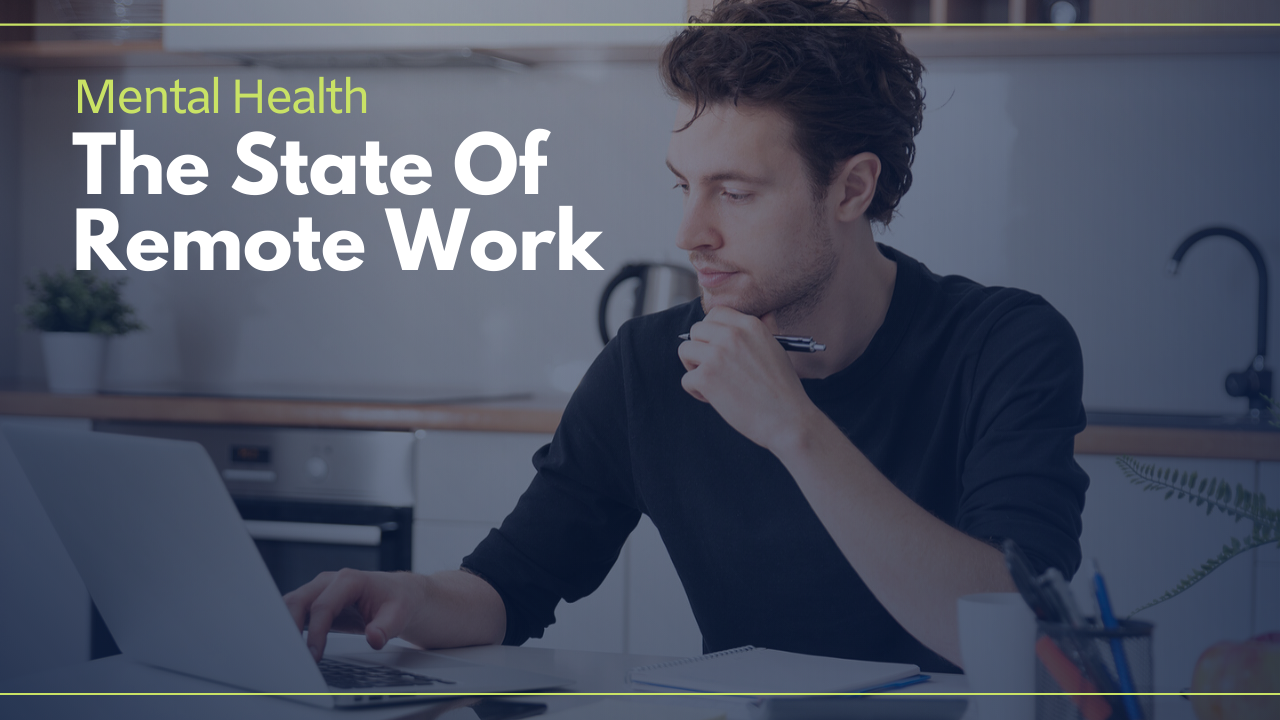- A new survey of US workers finds that most people who’ve been working from home during the pandemic expect remote work to continue, even after the crisis has passed.
- 50% of respondents said remote work has had a negative impact on their emotional or mental health — including 13% who report a very negative impact.
- 3 important strategies that could help improve the remote work experience include training, clear policies and expectations, and access to the right tools.
MindEdge/Skye Learning recently conducted a survey on the state of remote work during the COVID-19 pandemic. The survey’s main finding is that Americans who’ve been working from home during the pandemic expect that remote work will continue to be a part of their new normal, even after the crisis has passed.
Key Findings
- Nearly one-third (29%) of American workers and managers expect to remain working remotely full-time, even after businesses resume “normal” operations.
- Another 27% expect to work remotely at least part-time.
- 35% expect to return to their old workplaces on a full-time basis.
- 80% say that their employers did not have a remote-work program before the onset of the pandemic earlier this year.
- 30% say that working from home made their jobs harder.
- 26% say that it made their jobs easier.
- 40% say the impact of remote work was both positive and negative.
Mixed Feelings about Remote Work
The survey found mixed feelings about working remotely.
Workers who had no prior experience of remote work reported difficulty adjusting to the situation. This was particularly the case among workers aged 45 and older, and working parents.
Among these workers, these are the most cited difficulties associated with remote work:
- 44% cite the increased number of meetings and/or phone calls.
- 37% cite problems with communication technology.
- 33% cite distractions at home.
- 23% cite uncertainty about when to end work for the day.
But, on the other hand, several workers reported feeling that their job was easier since working remotely. Among this group, the cited benefits of remote work include increased flexibility, fewer interruptions, and a lack of (or a shortened) commute.
Impact on Wellbeing
Unfortunately, the survey found that remote work has had a negative impact on the emotional and mental health of workers.
- 50% of respondents said remote work has had a negative impact on their emotional or mental health — including 13% who report a very negative impact.
This figure was reportedly higher among parents with school-age children in the household; 8% of parents say that working from home has had a negative impact on their emotional or mental health, including 18% who report a very negative impact.
Even more shocking is that only 12% of survey respondents stated that working remotely has had a positive effect on their mental health.
To deal with the stress related to working from home, workers have turned to a variety of activities to help them relieve and better manage stress.
- 51% say they went outside for a walk/fresh air
- 31% say they took breaks to spend time with family
- 43% say they caught up on movies or TV
- 29% say they cooked or baked
- 28% say they ran or jogged.
What Can be Done to Improve the Remote Work Experience
Though many have experienced first hand the benefits of remote working, many are also realizing that working from home is not necessarily the best solution.
Some strategies that could potentially help improve the remote work experience include:
- Training. The survey found that just over half of respondents received training through their employers on how to work remotely. Those who didn’t receive training believe that it would have been very helpful.
- Clear policies and expectations. Some survey respondents said they struggled with remote work because they didn’t know when to end their workday. Setting clear policies and expectations around when people are expected to work, for how long, and how often to communicate could help relieve some of the stress associated with remote work.
- Access to the right tools. Employers should consider providing employees with access to the right tools for them to effectively work from home or remotely. Such tools include a company computer or laptop, access to platforms that can facilitate communication and collaboration, access to workspace (i.e. in the form of a coworking membership and access to meeting rooms for important meetings or to meet with clients).

 Dr. Gleb Tsipursky – The Office Whisperer
Dr. Gleb Tsipursky – The Office Whisperer Cat Johnson – Coworking Marketing Maven
Cat Johnson – Coworking Marketing Maven Angela Howard – Culture Expert
Angela Howard – Culture Expert Drew Jones – Design & Innovation
Drew Jones – Design & Innovation Andrea Pirrotti-Dranchak – Competitive Advantage
Andrea Pirrotti-Dranchak – Competitive Advantage














